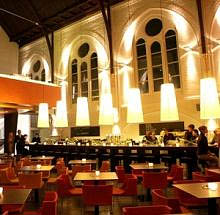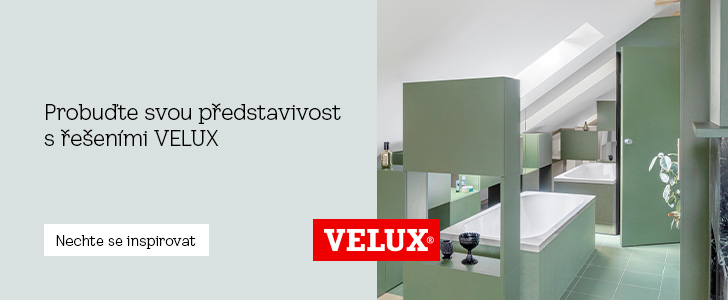
The transformation of German churches into secular buildings is in full swing
 |
The transformation of historic buildings is part of the everyday landscape, whether former factories are becoming conference centers or waterworks are being turned into apartment buildings. However, the reconstruction of churches evokes bad feelings in many people. This is also the case in Bielefeld; and it doesn’t help that the lavish "church" restaurant is named Glückundseligkeit (happiness and bliss). Even in an increasingly secularized society, it holds true that churches are something else because they were once places for baptisms, weddings, and Christmas or Easter celebrations.
The dying of sanctuaries is not always as sensitive as, for example, years ago with the church of Saint Raphael in Berlin, which had to make way for a supermarket. Often they "leave" quietly, like the church in Northern Germany's Schleswig, which was demolished two years ago.
With the declining population, the number of members of religious communities of major denominations is also decreasing, and thus the income of the church. This soon manifests itself in a lack of funds for repairs, especially in smaller communities.
The unfavorable trend is particularly evident in the densely populated Essen diocese in the Ruhr. Around 100 churches have been "written off," some of which have already changed owners, others have been demolished, and others await a new, still undetermined fate. If they are not to be demolished, finding investors is difficult, as church buildings are quite specific.
The Kreuzkirche in the Ruhr city of Wuppertal, for example, has been home to fourteen single mothers and fathers with their children since 2003. The Protestant church had to give it up due to a lack of funds.
Catholics are in a similar situation. The church is trying to ensure that sanctuaries do not become, for example, nightclubs, but at least exhibition halls, concert venues, apartments, offices, or studios, as Cardinal Joachim Meisner in Cologne wishes. "We cannot turn churches into mosques," also judges the cardinal, although similar proposals for conversion into Muslim sanctuaries have not been made yet.
The German Bishops' Conference has come so far that in the fall of 2003 it approved a concept for the transformation of unused churches and criteria for decision-making on what to do with them in the future. It is now clear that 700 of approximately 24,000 Catholic sanctuaries in Germany are already changing or will soon change their mission.
The English translation is powered by AI tool. Switch to Czech to view the original text source.











